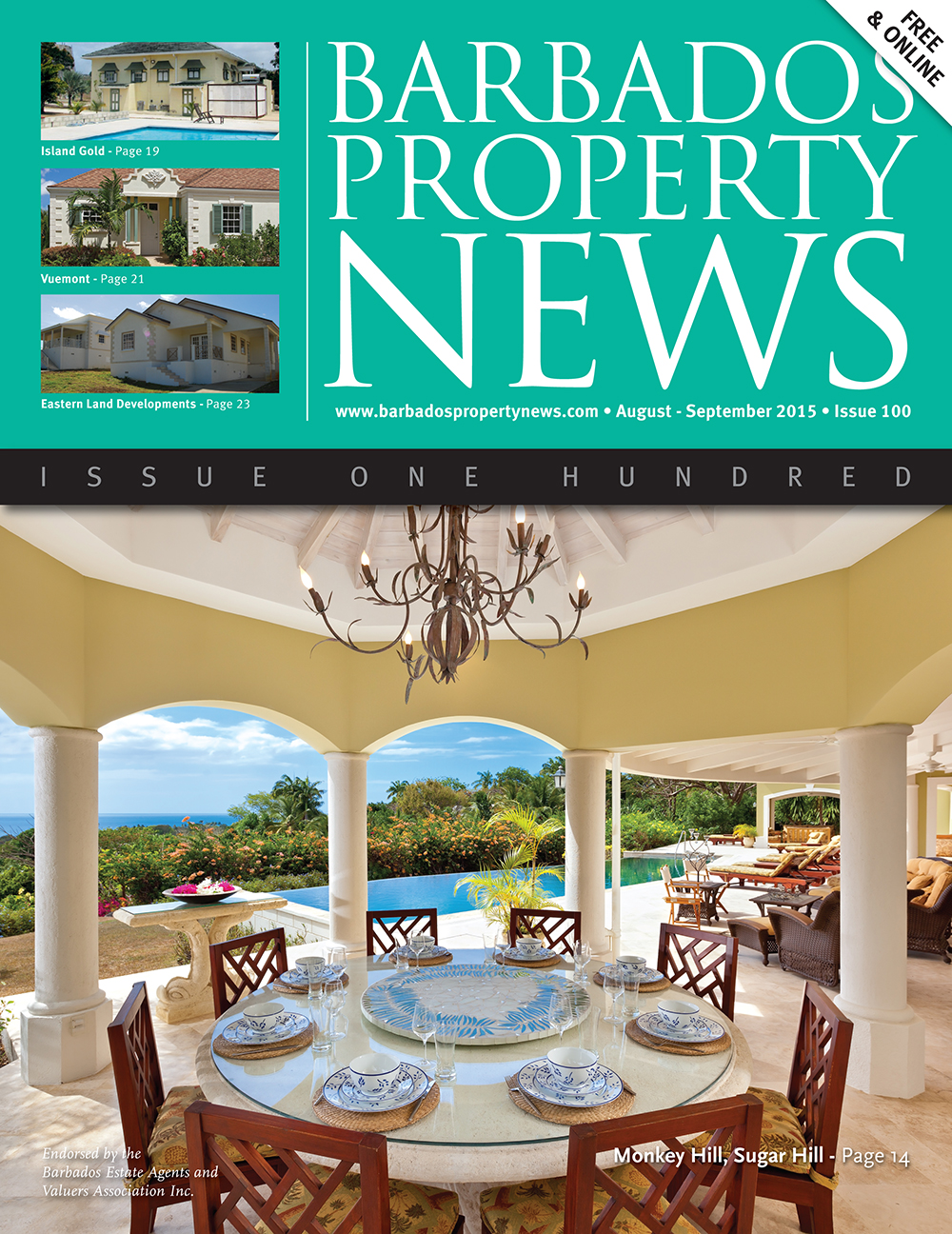
The earth tremors in July may have passed and everyone is back into a normal routine, but the hurricane season is upon us and with it comes the threat of severe damage.
It is interesting that many Barbadians do not see publicity about the hurricane season as anything other than an annual ruse because they certainly don’t do much about it. Ask your friends and neighbours what hurricane preparedness measures they have taken and I suspect most will have very causal, flimsy and throwaway answers. The truth is most people do nothing, and their complacency comes from the fact that we haven’t had a direct hit since 1955. We’ve had a few near misses and some general panic, but the hard facts are that no direct hits means most people feel the island is either protected through divine influence or just lucky. And statistics support the reasons for the complacency, as according to the experts in the hurricane business there have been fewer major hurricanes in the last 40 years than before and even less in recent times. Indeed, as we enter the 2015 hurricane season the top meteorologists in Florida are predicting a below normal season of activity because the high winds associated with El Nino will hinder hurricane formation.
Hurricane preparedness is a form of insurance and although the risk might be seen as low is it any different than life cover or critical illness cover? We hope and pray never to need it, but if we do, have we prepared properly and dealt with all the issues involved. To do nothing isn’t very smart and it places a lot of faith in either divine protection or lady luck. OK, the odds may be high, but the outlay in being prepared is relatively small and makes common sense. After all, the potential damage could be catastrophic, and this covers personal injuries, physical damage to property and financial ruin.
The most important part of hurricane preparedness is to have a plan. We know the potential horrors involve storm damage, high winds, floods and storm surge at sea level. We therefore need to review our property and make the necessary adjustments to ensure we are prepared for the most likely risk. Home protection, tree trimming, secure areas to sit out storms, stocking essential requirements, evacuation centres, power alternatives, IT alternatives etc, all come into play and need to be addressed within the plan. To do nothing is not an option, yet the smartest people in Barbados are just as complacent as anyone else so relatively little is done.
Having a plan should also involve having insurance in place. Most people have personal and property insurance, but not everyone knows the cover they have or specifically how it relates to hurricane damage. It may shock some people to find out their cover is minimal or has restrictions, and the only way to find this out is to ask your insurer. This should involve a property inspection and while this may be an inconvenience it is an integral part of hurricane preparedness and should limit potential risks. A good insurer will point out areas of high risk, including trees. This is especially important with tropical properties where there are lots of verandas, windows, patios, glass doors and outdoor equipment.
